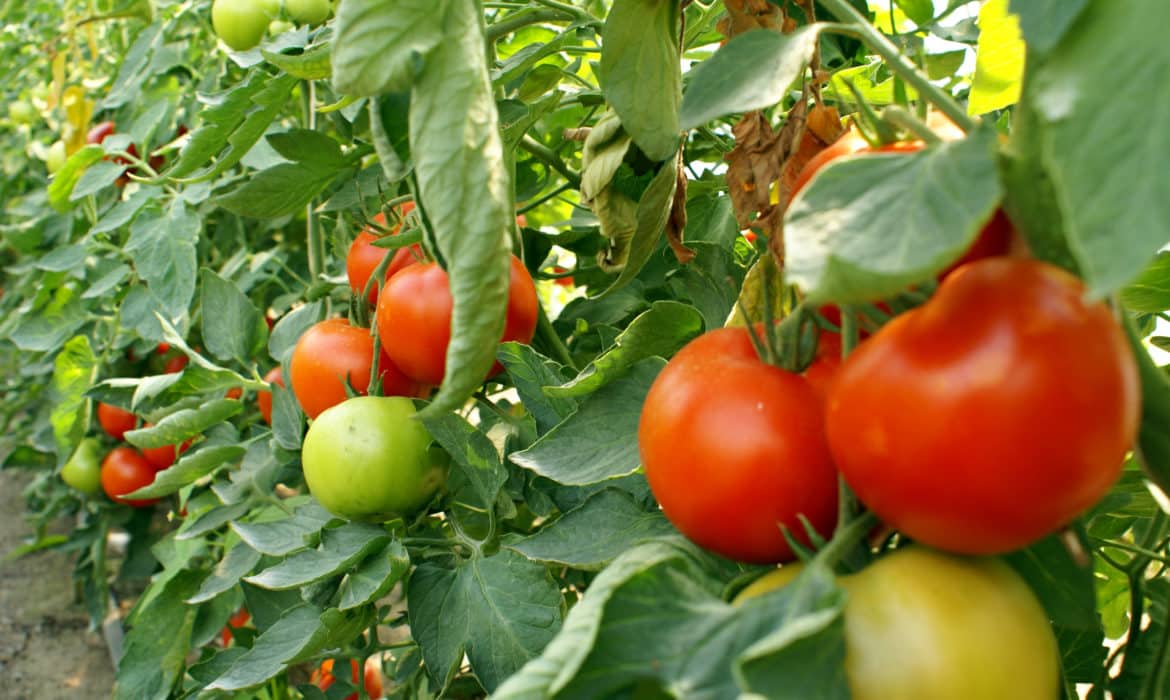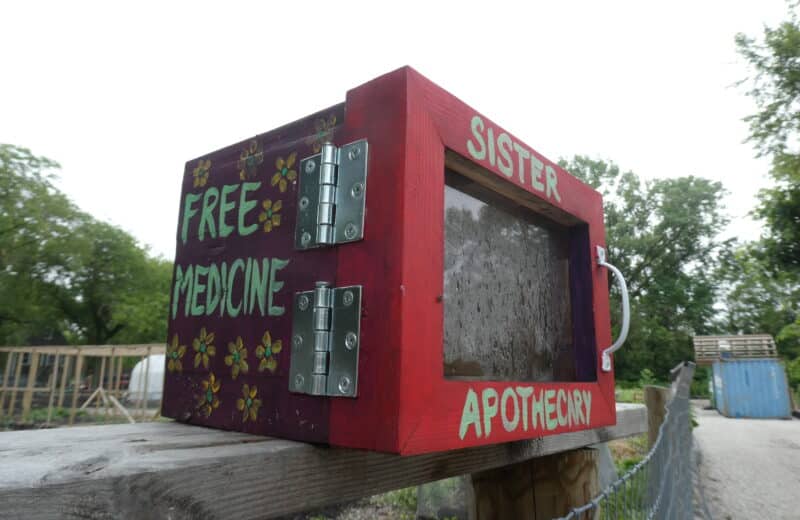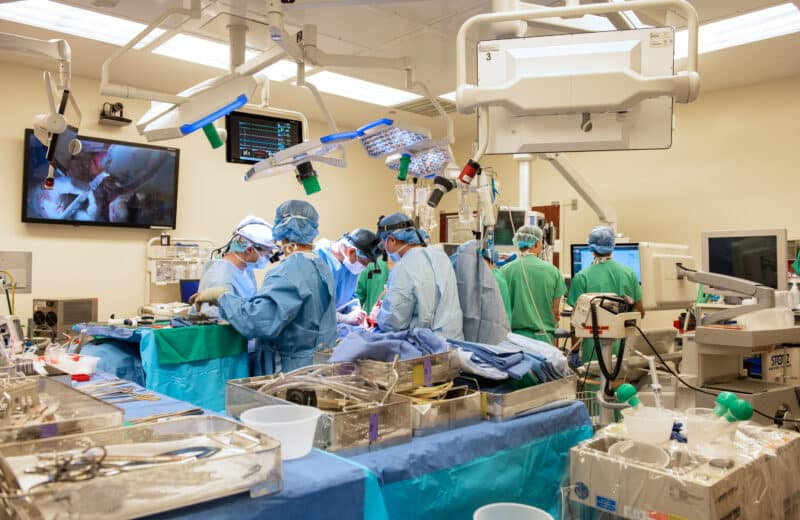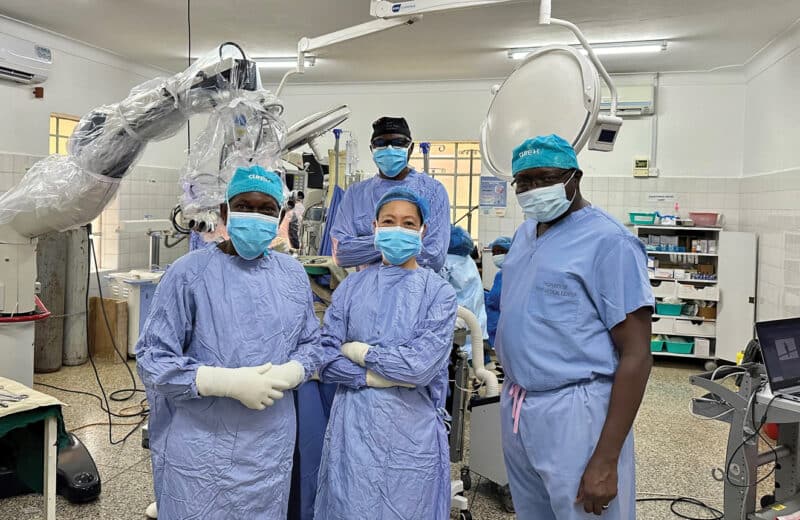Just the name “nightshade,” gives this category of vegetables a shady mystique. And their reputation of possibly contributing to inflammatory conditions like arthritis only adds to that mysterious air.
But edible nightshades — such as potatoes, tomatoes, eggplants, bell peppers and chili peppers — are safe to eat.
And these vegetables can be an important part of a healthy diet.
“A wide variety of vegetables fall under the category of nightshade, and numerous medications used in present-day medicine are derived from nightshades,” explains Edwin McDonald IV, MD, associate director of adult clinical nutrition at UChicago Medicine and an instructor in culinary medicine.
Part of the confusion exists, McDonald says, when people confuse edible nightshade vegetables with toxic herbal plants, such as Atropa belladonna, an inedible weed also known as deadly nightshade. Tobacco is also a nightshade.
“Some people have concerns about edible nightshade vegetables due to guilt by association, but the edible nightshade vegetables are typically healthy and harmless,” McDonald says.
Nightshades are part of the family Solanaceae, which can be a source of alkaloids. In high doses, alkaloids may worsen inflammation in some people.
“The toxic aspects of nightshades are attributable to chemical compounds known as alkaloids,” which are naturally occurring pesticides found in nightshades as well as other safe-to-eat foods, McDonald says.
At high doses, a few of these alkaloids can have anticholinergic effects, which means they disrupt the functions of an important neurotransmitter, acetylcholine. “Anticholinergic symptoms can include dry mouth, increased body temperature, urination difficulties, blurred vision and, rarely, seizures or death,” McDonald says.
While alkaloids may be toxic in high doses in non-edible plants, the commonly eaten nightshade vegetables do not cause problems in most people. However, some may be sensitive to small amounts of alkaloids, which can cause inflammation and exacerbate their joint pain and arthritic conditions.
But the evidence of increased inflammatory conditions such as arthritis from eating nightshades is largely anecdotal, says Christine M. Palumbo, MBA, RDN, a registered dietitian nutritionist based in Naperville.
“While it’s possible that select people may be sensitive to alkaloids, no solid studies have demonstrated that they contribute to arthritis pain,” Palumbo says.
While research does not back the inflammatory claim, it is possible to eliminate nightshade vegetables for two to three weeks and then add them back into your diet to see if you notice an increase in symptoms.
“If you suffer from arthritis,” Palumbo says, “it’s easy enough to eliminate nightshade foods from your diet to see if you experience relief.”
However, eliminating nightshades altogether may not be necessary. Nightshade vegetables are considered part of the Mediterranean diet, one of the healthiest diets in the world, and people have been safely eating and enjoying their culinary possibilities for centuries.
“Like all plants,” Palumbo says, “produce that are members of the nightshade family are mainstays of a nutritious diet, as they are rich in vitamins, minerals, fiber and phytonutrients that are linked to vitality now and disease prevention later.”
Familiar Nightshade Foods
- Cayenne pepper
- Chili powder
- Chilis
- Eggplant
- Huckleberries
- Husk cherries
- Paprika
- Peppers
- Pimento
- Potatoes
(all varieties except sweet potatoes) - Tomatillos
- Tomatoes
Source: Diet vs. Disease












